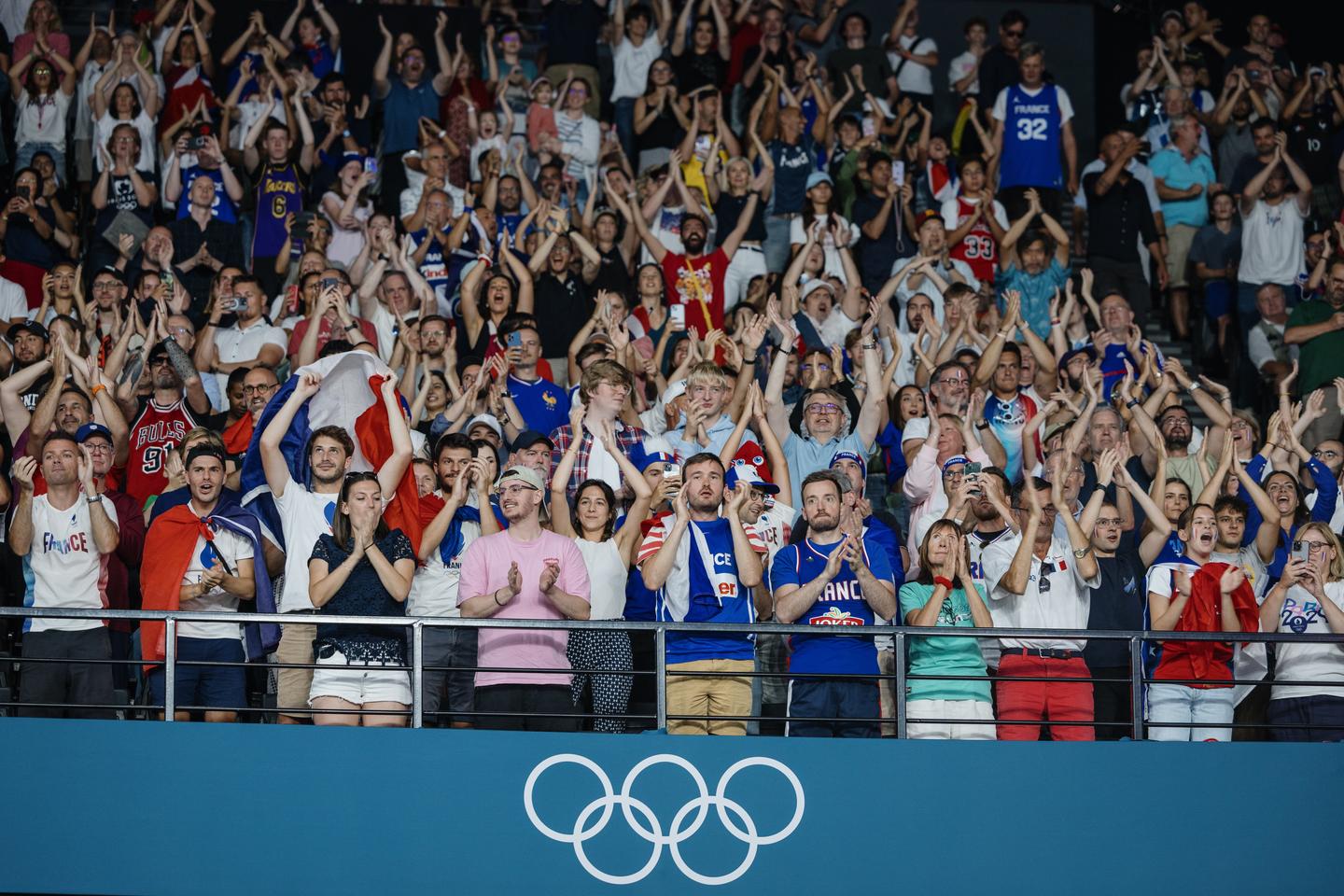


Who dared to believe it? While countless scaremongers had predicted a security disaster, an Olympic Games without an audience and a national humiliation, the reality outweighed all the rhetoric. The Paris Games gave the capital and the whole of France more than two weeks of fervor and happiness, all the more unexpected and appreciated as they came after a political situation dominated by decline and xenophobia, which left the country more divided than ever and without a government.
From a surprising and inventive opening ceremony right through to the somewhat disjointed but technically perfect send-off at the Stade de France on the evening of Sunday, August 11, France was able to defy all the clichés about it, its history and its people, giving the world the spectacle of a welcoming, organized, inventive country, capable of enthusing about its champions while rejoicing in others' success.
From impeccable public transport to affable police officers, from flawless security to the precise scheduling of events, from classic French chanson sung everywhere to showcasing the more modern French Touch genre, the Olympics were also a victory for French soft power.
The Games' bold entry into the city
Central to this success was the much-criticized decision to hold the Olympic Games in the heart of Paris, showcasing its monuments, sites and river. From the sprints on the Invalides esplanade to the BMX under the Concorde obelisk, from the bicycle ride through Montmartre to the beach volleyball at the foot of the Eiffel Tower, this daring entry of the Games into the city was a major factor in the passion that gripped the French. When the athletes dived off the Alexandre III bridge, they marked the city's historic reunion with the Seine.
But these 19 days of competition and festivities would have been nothing without a host of athletes from all five continents bringing their backgrounds, emotions and performances to these first truly gender-equal Olympics. Among them, French athletes such as Léon Marchand, Teddy Riner, Manon Apithy-Brunet and Althéa Laurin shone brightly, lifting France to fifth place in the world for gold medals won, rising to the challenge set by Emmanuel Macron.
No sporting event has ever solved a social malaise or a political crisis. Four years after the "black-blanc-beur" fervor of the 1998 football World Cup, far-right leader Jean-Marie Le Pen got through to the second round of the presidential election. In 2024, however, the diverse origins of France's medal winners are no longer a source of grumbling or particular pride, as if diversity, beyond political instrumentalization, had − fortunately − become a way of life. But if the magic of the Olympics is not made to last, it seems unthinkable not to try and draw some political and social lessons from this magical moment that France has just had, thanks to a functioning state, mobilized public services, reliable companies, dynamic sports federations, an army of volunteers ready to help, and supporters on the ball.
The question now is what the French will do with the energy, benevolence, taste for living together, thirst for success and faith in themselves that they have just demonstrated. If the Paris Olympics and the Paralympics, which kick off on August 28, could have any political impact, it would be to weaken the rhetoric that exploits anger and fear, the strategies that focus on hatred of others, and the people saying "things have to go wrong" or "things were better before." The magnificent Olympic cauldron at the Tuileries and its hot-air balloon cannot be the sole legacy of Paris 2024.
